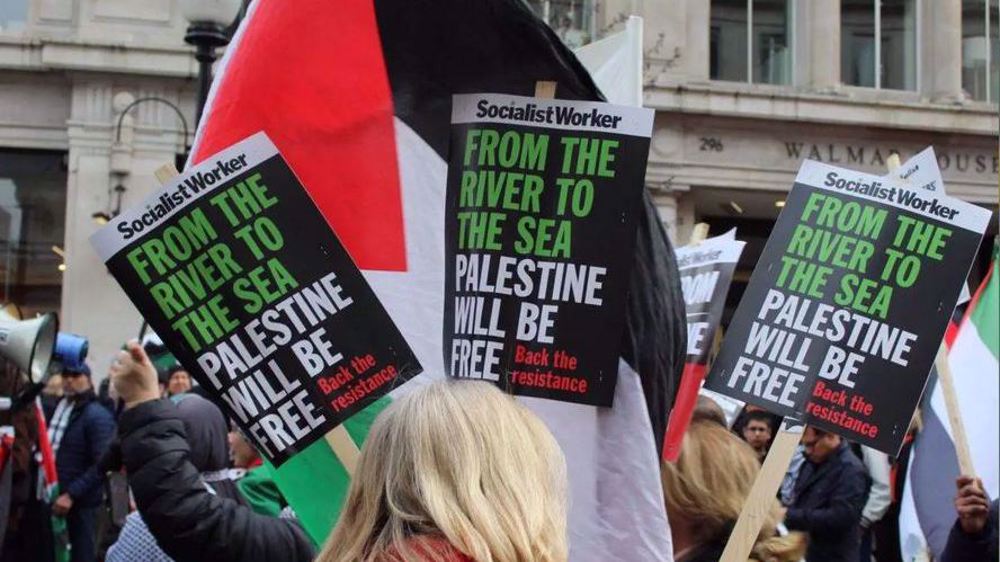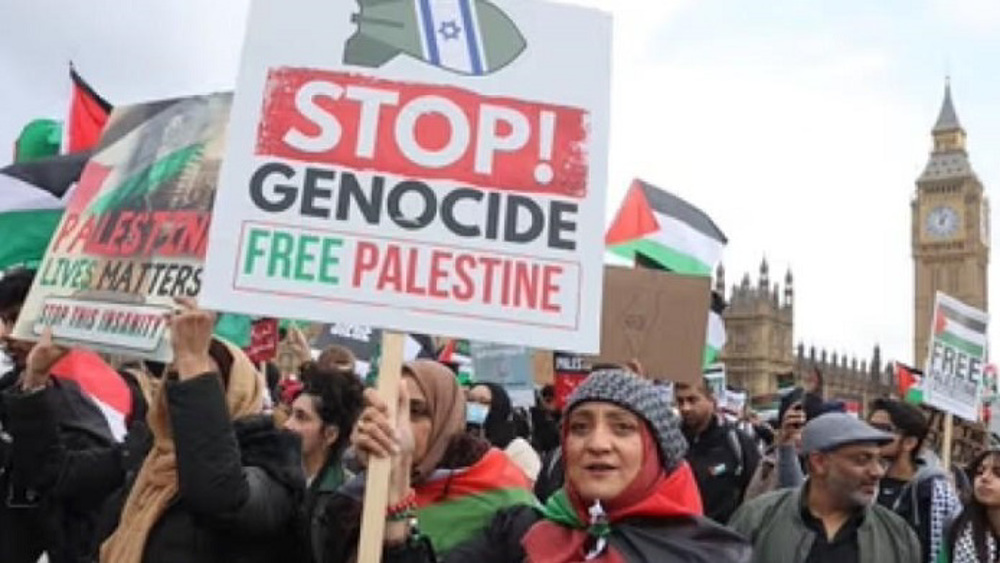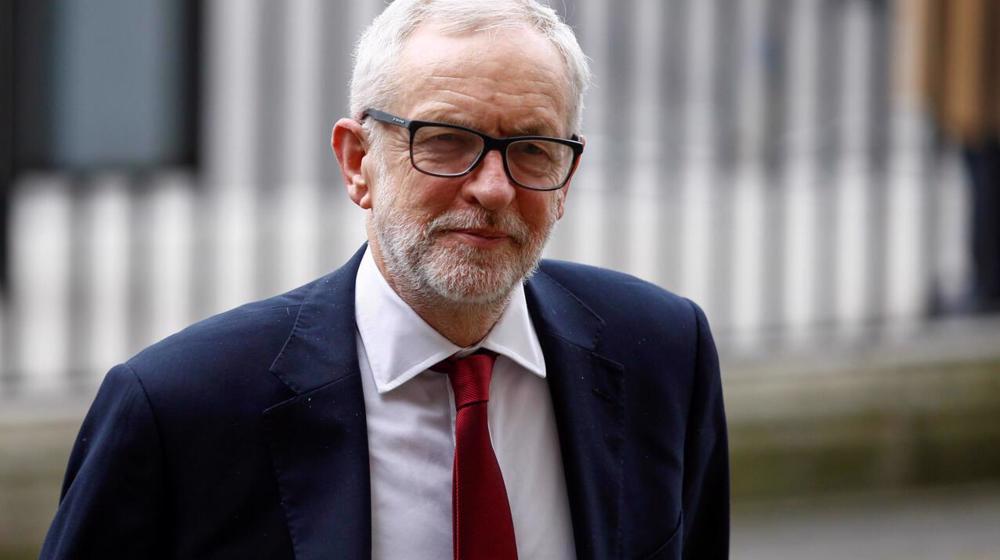Britain arming repressive regimes in Persian Gulf: Rights group
The British government has been accused of sacrificing human rights in order to access oil from repressive regimes in the Persian Gulf region.
Human rights group War on Want said in a report issued on Thursday that Britain regards Persian Gulf states as vital partners in securing the UK’s energy interests.
The London-based charity’s investigation, headlined “Arming Repression: The new British Imperialism in the Persian Gulf,” found that Britain had been selling harmful crowd control devices, used to suppress dissent during anti-government demonstrations.
"From the sale of vast quantities of tear gas and other crowd control tools, to the training of sniper units used to put down pro-democracy protests, the UK government, working closely with a large number of private companies, are key partners for repressive regimes in the [Persian] Gulf, with devastating consequences for democracy and human rights,” said Dr. Sam Raphael, the report’s author and Senior Lecturer in International Relations at the University of Westminster.
“Our investigation has uncovered the extent of British complicity in state violence in the Persian Gulf,” he stated.
“In addition to UK support for the illegal Saudi bombing campaign in Yemen – through arms sales, targeting advice and intelligence sharing – our report details for the first time the sheer scope of weapons exports and training provided to regimes in the [Persian] Gulf in order to police their own populations,” Raphael added.


According to the report, Bahrain and Saudi Arabia are among the Persian Gulf countries regarded as priority markets. The two Arab kingdoms have been widely criticized by international advocacy groups for their human rights record.
"This is the latest chapter in the long and violent history of British imperialism in the Persian Gulf. The UK government’s renewed military and economic strategy is putting the UK’s access to oil ahead of any commitment to democracy and human rights. It’s time for an immediate ban on exports of arms and repressive technologies where there is a risk of use for internal repression or human rights violations,” said John Hilary, executive director at War on Want.
"The government has a serious case to answer when clandestine meetings between public intelligence and security agencies form the basis of the UK’s role in arming repression in the [Persian] Gulf. It’s time the government came clean on the personnel, objectives and activities of the government’s secretive [Persian] Gulf Strategy Unit,” he added.
Last month, a number of UK lawmakers called on London to stop the sale of arms to Saudi Arabia until an inquiry into Riyadh’s human rights violations in Yemen is complete.
The Committee on Arms Export Control (CAEC) has raised serious concern about the UK’s commitment to international law regarding the sale of arms.
CAEC inquiry chair Chris White said the government must now take urgent action in halting the sale of weapons to Saudi Arabia.

The British government’s resistance to end Saudi arms sales adds strength to Britain’s seemingly untouchable relationship with the House of Saud. Prime Minister Theresa May has staunchly defended selling arms to the kingdom despite facing criticism for being supportive of a human rights violator.
Opposition Labour Party leader Jeremy Corbyn has called on May to halt the arms sales because of the “humanitarian devastation” caused by the aggressive war on Yemen.
Iran cuts gold import tariff to zero
Pezeshkian: Iran determined to develop, boost ties with neighbors
VIDEO | Israel, Hamas ceasefire agreement: Closer than ever
VIDEO | Gaza ceasefire to be put in place under resistance conditions
Hot water and sewage: Palestinians share harrowing tales of torture in Israeli prisons
VIDEO | Thousands evacuated in Ethiopia amid earthquakes, volcanic eruption fears
Revealed: Israeli ministers eye restoration of illegal settlements in Gaza through genocide
How Los Angeles’ pistachio tycoons facilitated and profited from wildfires










 This makes it easy to access the Press TV website
This makes it easy to access the Press TV website